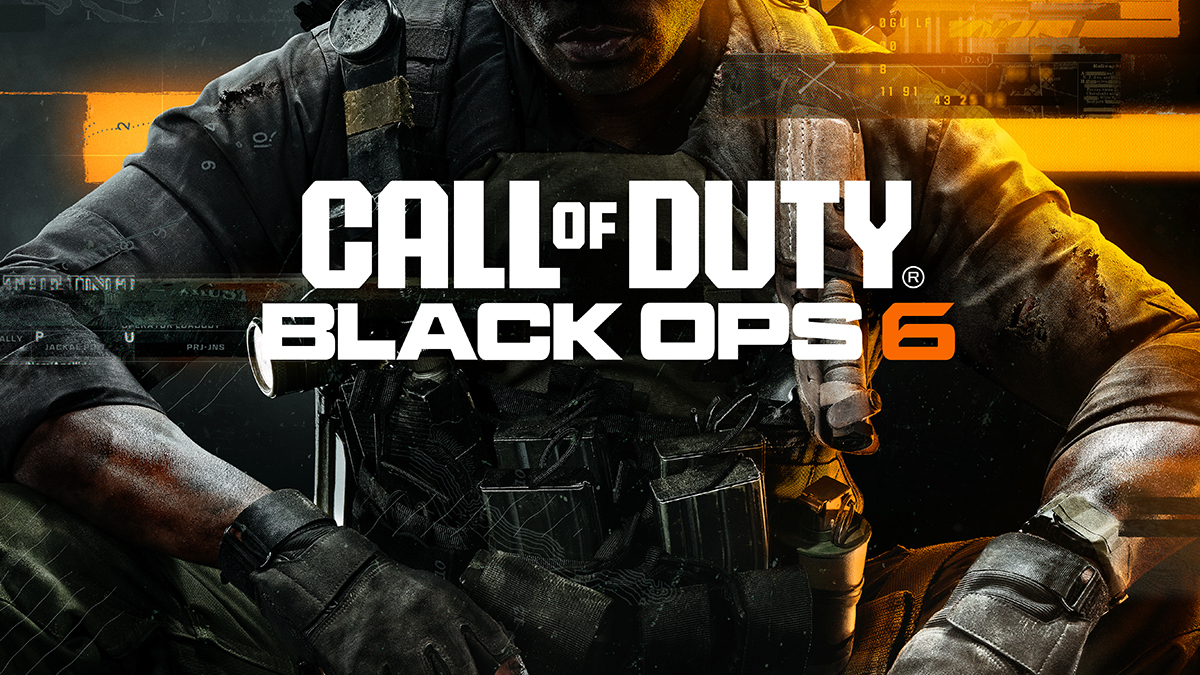
Following criticism from the U.S. Federal Trade Commission (FTC) of Microsoft’s planned price and feature changes to its Game Pass subscription service, the software giant has responded to allegations of product degradation. In a letter to the U.S. Ninth Circuit Court, Microsoft argues that its new least expensive Game Pass tier is a better product for gamers, not a degraded one, because it includes multiplayer functionality.
On Thursday, the FTC submitted a letter to the Ninth Circuit Court accusing Microsoft of product degradation following its Activision-Blizzard acquisition. At issue was Microsoft’s removal of day-one new release access to subscribers, something gamers had under the less expensive console-only Game Pass base tier. Under the new Game Pass Standard tier, $4 per month more expensive than the previous entry-level plan, gamers get multiplayer functionality but lose out on included access to new games.
The FTC alleged that constituted “the hallmarks of a firm exercising market power post-merger,” something the FTC claims it was worried about from the beginning of the merger talks. For its part, Microsoft doesn’t agree. The company pointed out in its own letter to the Circuit Court that under previous pricing, what its new Game Pass Standard offers was actually more expensive.
"It is wrong to call this a 'degraded' version of the discontinued Game Pass for Console offering,” Microsoft wrote. “That discontinued product did not offer multiplayer functionality, which had to be purchased separately for an additional $9.99/month (making the total cost $20.98/month)."
Microsoft also pointed out that Game Pass Ultimate would offer more value to subscribers than it previously did. With the merger, Game Pass Ultimate will now offer day-one availability to new Activision-Blizzard games like the upcoming Call of Duty: Black Ops 6. Before the merger, gamers weren’t afforded that benefit at all; if they wanted to play Call of Duty games the day they were released, they had to buy them.
Microsoft also pointed out that the FTC didn’t seem too concerned about its Game Pass subscription offering when it was trying to block the merger. Instead, FTC arguments centered on “the theory that Microsoft would withhold Call of Duty from Sony's console.” That fear turned out to be unfounded, as Microsoft and Sony entered into a 10-year contract to keep Call of Duty titles on PlayStation.
The FTC is appealing the decision that allowed Microsoft to purchase Activision-Blizzard, and the dialog of letters is another episode in that ongoing saga. Whether the Ninth Circuit Court will reverse the merger remains to be seen.







